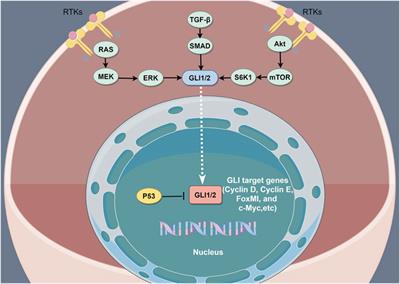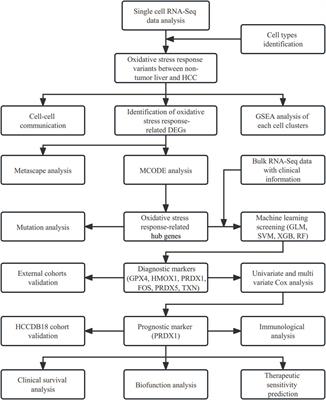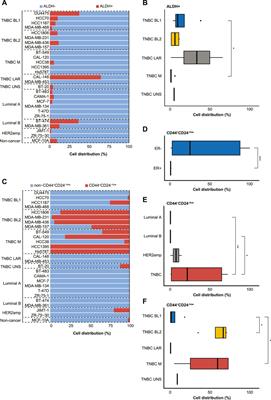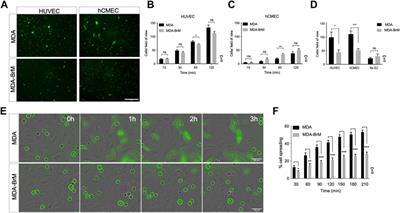REVIEW
Published on 13 Nov 2023
Hedgehog signaling and the glioma-associated oncogene in cancer radioresistance

doi 10.3389/fcell.2023.1257173
- 2,416 views
- 4 citations
4,237
Total downloads
18k
Total views and downloads
REVIEW
Published on 13 Nov 2023

REVIEW
Published on 04 Oct 2023

ORIGINAL RESEARCH
Published on 28 Sep 2023

BRIEF RESEARCH REPORT
Published on 12 Sep 2023

ORIGINAL RESEARCH
Published on 17 Apr 2023
